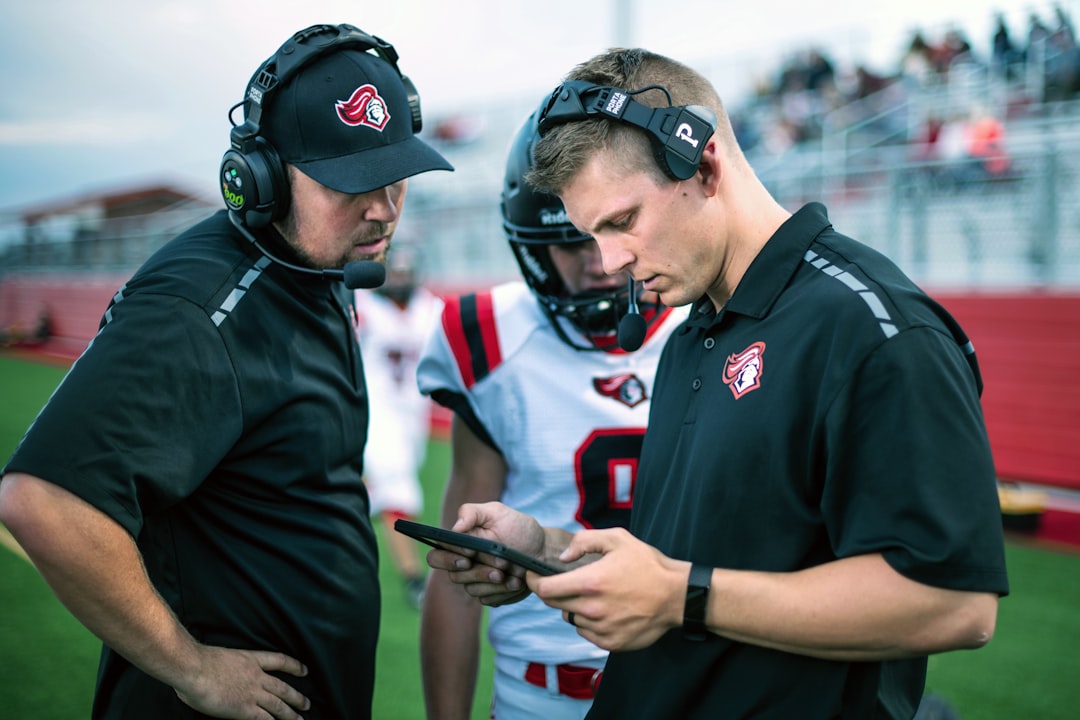Why startups need coaches
The mindset and the playbook

Imagine an athletic team who come together with their hearts set on league competition. They really don’t have a plan but they think if they play hard enough they will be successful . They play the season and get crushed, so they regroup for another season and try again with similar results. They toil on, but enthusiasm falls off and people soon quit.
Team number 2 hires a coach. The coach brings a playbook and knowledge about each position. The coach identifies the best players for each position and teaches the team the plays in the playbook. In a few weeks the league play starts and they have a strong season. The team has the right people in the right place, and they are ready to be successful faster because the coach has taught them the plays in the playbook.
Even in solo performance sports coaches are almost as well known as players. Coaches help skiers, golfers, and tennis players with their head game and strategy for competition. Why would your startup be any different?
In the early days of a startup there is great energy for an idea that has come to someone. Perhaps they are top in their field and understand how part or all of that business could be better. Perhaps someone has a blinding flash of insight, or maybe a side hustle that friends say, “you should do this for a living”.
There it is *bling*!
You might tinker with it a little. It solves a problem you had, or have, so everyone will want it. You talk to your pals and get a WOW.
You have an idea, and you have no idea what you are facing. In the fog of uncertainty you ride on the adrenaline of discovering your idea like it’s a Million Dollar Scratch-off Ticket.
This is where I like to engage founders as a startup coach. I know the positions needed and I have a playbook.
My friend once told me the 12 rules of combat. Three are important for startups:
4. The important things are always simple.
5. The simple things are always hard.
6. The easy way is always mined.
A good coach will not give you advice, they will ask questions. They will not give you advice because advice coming from someone else will be the answers for their business, not yours. A well meaning advisor will give you their favorite tactic, and while it may sound good, it is their easy way from their biased viewpoint. The fastest way for founders to wander around lost is to hear conflicting advice.
Coaching won’t work if you are not coachable. You will find a coach leading you in questions about topics that seem to distract you from your mission of getting your idea out to the waiting world. The coach is pointing out where the mines are buried, and you ignore the coach at your own peril. It is the coach’s work to know the bias pitfalls and lead you around them, like the confirmation bias I started with above “It solves a problem you had, or have, so everyone will want it.“ A good coach also keeps perspective on their own biases.
I am realistic about my engagement with startup founders. At the times they are most needing my help, and the help of other skilled guides, they don’t know how they can afford us. Pre-seed startups are in bootstrap funding mode. It’s easy to think they are working on their startup project and it’s not costing them anything. But time is the most priceless jewel you own. Money you can get back. Once your time is gone, it’s gone. If I can coach founders to test business models ten times faster to find the business idea that works, what would that be worth?
I consult with companies who can afford me, because innovation never stops, to give me the time to help founders. I do not work for free. I do invest in people who need and want my help.

